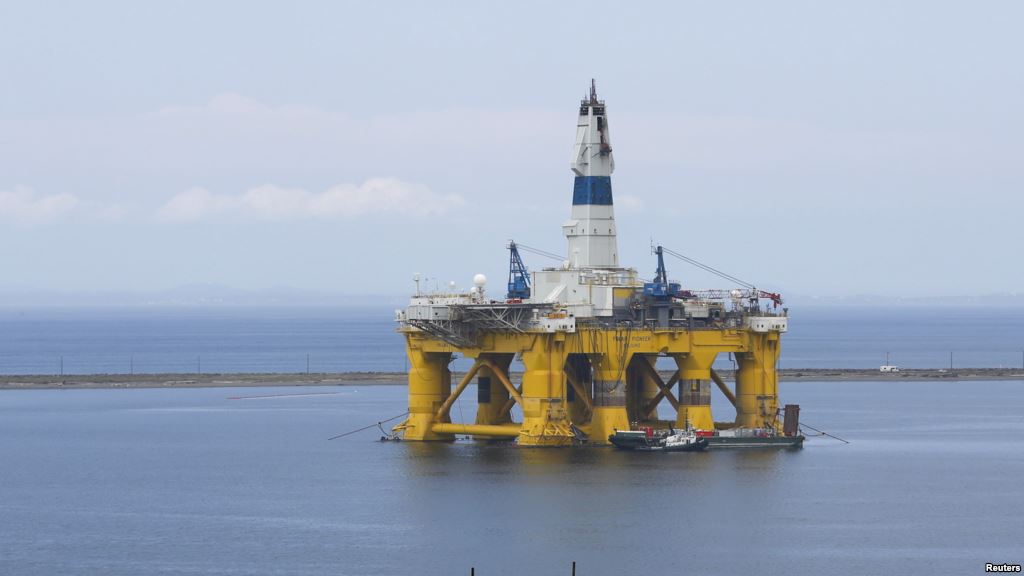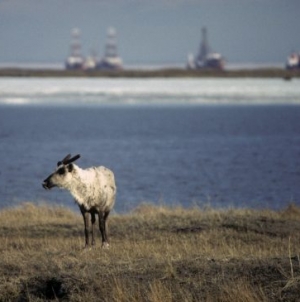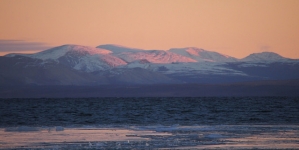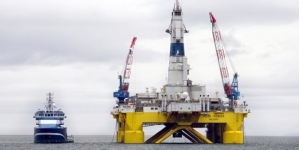-
Tips for becoming a good boxer - November 6, 2020
-
7 expert tips for making your hens night a memorable one - November 6, 2020
-
5 reasons to host your Christmas party on a cruise boat - November 6, 2020
-
What to do when you’re charged with a crime - November 6, 2020
-
Should you get one or multiple dogs? Here’s all you need to know - November 3, 2020
-
A Guide: How to Build Your Very Own Magic Mirror - February 14, 2019
-
Our Top Inspirational Baseball Stars - November 24, 2018
-
Five Tech Tools That Will Help You Turn Your Blog into a Business - November 24, 2018
-
How to Indulge on Vacation without Expanding Your Waist - November 9, 2018
-
5 Strategies for Businesses to Appeal to Today’s Increasingly Mobile-Crazed Customers - November 9, 2018
Shell ceases Alaska Arctic drilling after exploratory well disappoints
Shell said it had drilled at the Burger J well, about 150 miles (241km) off the coast of Alaska, in about 150ft (46m) of water, to a depth of 6,800ft (2,073m) over the summer “in a basin that demonstrates numerous key attributes of a major petroleum basin”.
Advertisement
“The Shell Alaska team has operated safely and exceptionally well in every aspect of this year’s exploration program“, said Shell Oil Co.’s Marvin Odum.
In June, new research from University of Alaska, NOAA and Woods Hole Oceanographic Institution noted that the surface waters of Alaska’s Beaufort and Chukchi seas are increasing in acidity and could threaten shell-building animals (mollusks, crustaceans, etc.) by 2030. Shell was counting on offshore drilling in Alaska to help it drive future revenue and had spent more than $7 billion in investment and years of work into the exploratory well.
Shell is abandoning the region “for the foreseeable future” because it failed to find enough oil to make further drilling worthwhile. A drill ship slated for offshore Alaska, Noble Discoverer, suffered a series of setbacks during a 2012 campaign off the coast of Alaska.
Campaigners have called on US President Barack Obama to ban all drilling in the American Arctic.
“The “unpredictable regulatory environment” that forced Shell out of the Arctic is otherwise known as massive pressure from more than seven million people”. In December, Chevron also suspended Canadian Arctic exploration, citing uncertainty over oil prices.
The withdrawal came six weeks after the final USA clearance and three months after Shell was still defending the project, a rapid change of heart for such a large company that shows it is preparing for a prolonged period of low oil prices while trying to close its $70 billion takeover of rival BG.
Shell’s Arctic experience is a lesson for companies pursuing expensive and risky projects elsewhere in the world, added Anthony Hobley, CEO of the Carbon Tracker Initiative, a London-based think-tank.
“Hopefully, this means that we are done with oil companies gambling with the Arctic Ocean, and we can celebrate the news that the Arctic Ocean will be safe for the foreseeable future”, Epstein said.
The result was a disaster – a loss of billions of dollars and a decision by Shell to cut its losses and quit.
Activists have also targeted companies that have partnerships with Shell, such as Lego, which eventually dumped its partnership with the oil company. The company blamed a handful of factors for the decision, including uncertainty over federal regulations on drilling there.
Advertisement
As a effect of the abandoned exploration project, the company will take impairment charges in its financial statement, which will be updated in its third quarter 2015 (3QFY15) results.





























